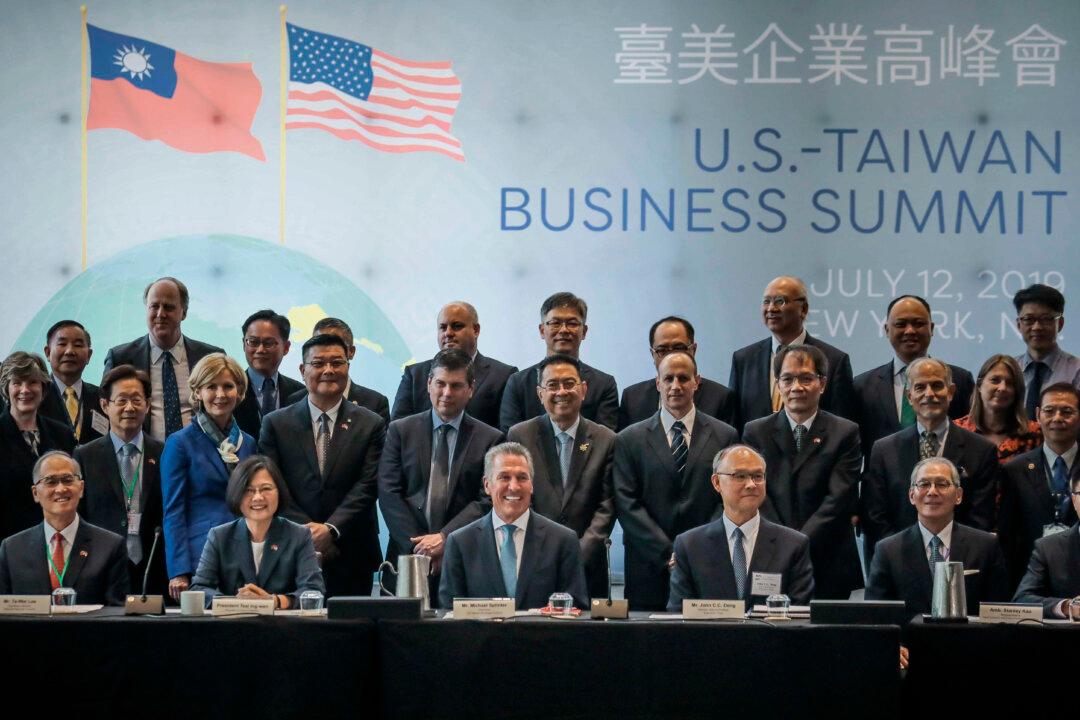TAIPEI, Taiwan—Taiwan on July 13 defended a proposal to purchase $2.2 billion in arms from the United States, following an official Chinese regime announcement that it would sanction any American companies involved in the deal.
U.S. weapons help strengthen Taiwan’s self-defense in the face of a growing military threat from China, the defense ministry said.





